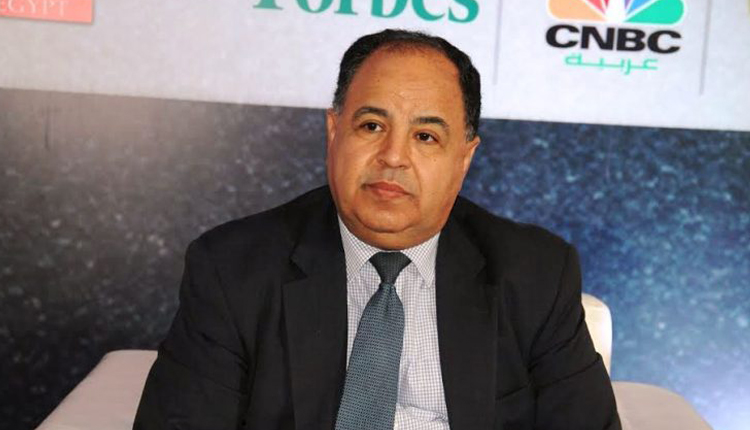Egypt has on Thursday sold $5 billion in bonds in three tranches with maturities of four, 12, and 30 years, a document showed, as the country is struggling against the economic fallout of the novel coronavirus.
The pandemic has in particular hard hit Egypt’s tourism sector, which is a major revenue earner.
According to a document from one of the banks leading the deal, Egypt has sold $1.25 billion in four-year notes at 5.75 percent, $1.75 billion in 12-year bonds at 7.625 percent, and $2 billion in 30-year notes at 8.875 percent.
Egypt hired BNP Paribas, Citi, HSBC, JPMorgan, and Standard Chartered to arrange the debt sale.
Those levels were 50 basis points lower than those at which Egypt began marketing the bonds earlier on Thursday. The deal allured more than $6 billion in demand for each of the four and 12-year tranches and more than $7.6 billion for the 30-year bonds, the document read.
Deputy central bank governor Rami Aboul Naga told state news agency MENA that the sale had attracted strong demand in a short period of time, adding there had been keen interest from investment funds and international institutions.
Egypt has received demands on its eurobonds exceeded $20 billion dollars, MENA cited banking sources as saying.
The deal would finance half of 2020’s funding gap estimated at around $10 billion by EFG Hermes and Goldman Sachs Group Inc. Some of Egypt’s main foreign-currency sources, including tourism, remittances, and Suez Canal receipts, have plummeted due to the virus outbreak.
The yield on Egypt’s dollar bond due 2049 surged 3 basis points to 8.76 percent on Thursday, paring a fall of 28 basis points earlier in the week. Funding costs were among the highest for an emerging-market sovereign since the coronavirus crisis outset mid-March, with Bahrain selling 10-year notes at a yield of 7.4 percent.
Egypt seeks to use the momentum from securing $2.8 billion in emergency financing from the International Monetary Fund (IMF). Its government is also seeking more than $5 billion from the IMF under a separate stand-by arrangement and $4 billion from other sources, an official told Bloomberg last week.
“Authorities are likely moving preemptively to raise additional buffers amid an uncertain global environment,” Mohamed Abu Basha, the head of macroeconomic research at Cairo-based investment bank EFG Hermes, told Reuters.
Earlier this month, the IMF said it had approved $2.77 billion in emergency financing for Egypt to help it weather impact of the pandemic.
The government has taken stringent steps to contain the pandemic, including a night-time curfew and the closure of cafes and mosques, but has stopped short of a full lockdown as it seeks to keep the economy going.


